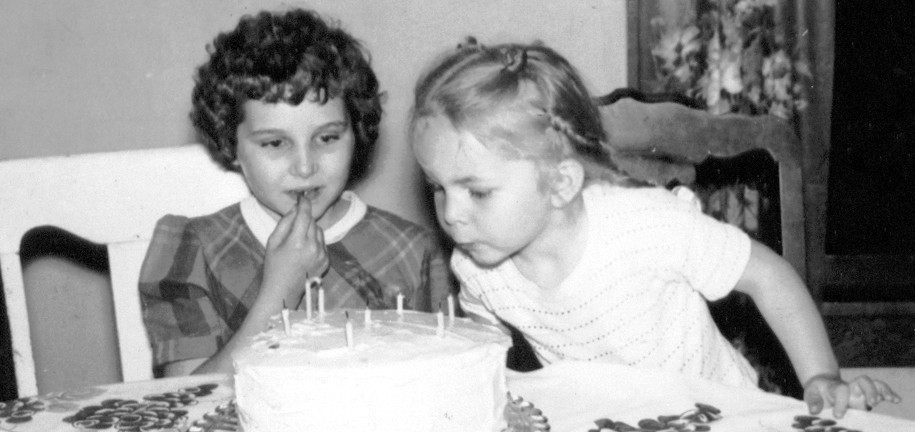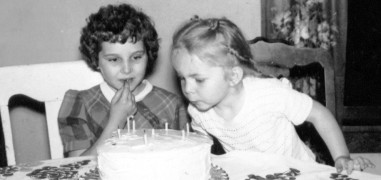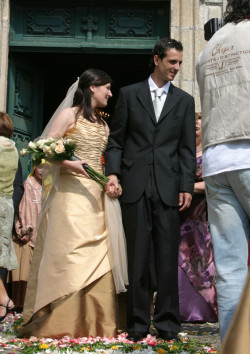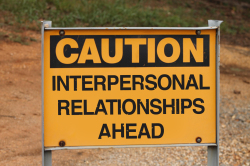“If you want things to be different, perhaps the answer is to become different yourself.”
Norman Vincent Peale
 From brain imaging research we now know the average person has between 60,000 to 80,000 thoughts per day, 90% of which will be repeated tomorrow. Students of life realize they won’t be making much progress if they are thinking 90% of the same thoughts day after day.
From brain imaging research we now know the average person has between 60,000 to 80,000 thoughts per day, 90% of which will be repeated tomorrow. Students of life realize they won’t be making much progress if they are thinking 90% of the same thoughts day after day.
If your life is ever to change, one of two things will have to happen:
- Either something new will have to come into your life, possibly a new insight, or perspective, or a powerful idea
OR
- Something new will have to come out of you
In order for something new to come into your life, you’ll have to learn to quiet your mind. A quiet mind is a receptive mind. Robert Brault when asked what he would do differently if he were to make a change in the way he lived his life, responded:
“I’d ask more questions and interrupt fewer answers.”
Seriously, have you noticed how noisy your mind has become with all the useless mental junk mail you’ve retained at the alter of staying abreast? Here’s a simple exercise to assist you in developing a quiet and receptive mind. Receptivity is fundamental to all effective learning. Here is the exercise:
- Purchase a “Pitch Counter” from your local sporting good store. The same counter used in baseball is used in business to count products on a shelf, or people attending an event.
- Find a clock with a second hand. Sit in front of the clock and practice quieting your mind for 60 seconds.

- Every-time you notice a thought, click the “Pitch Counter.” The goal, like golf, is to achieve lower and lower scores, until you quiet your mind.

A quiet mind is without thought. It just is. You can learn to do this. The ultimate goal is to practice your quiet mind in the presences of others. Once you have learned to quiet your mind in the presence of others, you may be shocked to learn how much you have been missing.
Someone once said, “If you live in the past you have no future. If you long for the future, you do so at the expense of the present.” The present is the only true reality of life. Being present means you are not distracted by the internal dialogue of your competitive thoughts. In a noisy mind, each thought competes with the others, each desirous of being voiced and finding acknowledgement. If you need to be heard, you’ll not hear another, nor develop a quiet mind. Quiet minds are needless through practice.
A quiet mind seeks to understand not be understood
 If you choose to quiet your mind by the “Pitch Counter” exercise I discussed, you will have learned to be present in the best way any of us can. I created my website to uniquely prepare you through a series of vicarious experiences to understand and better care for yourself and ultimately those you love.
If you choose to quiet your mind by the “Pitch Counter” exercise I discussed, you will have learned to be present in the best way any of us can. I created my website to uniquely prepare you through a series of vicarious experiences to understand and better care for yourself and ultimately those you love.


































